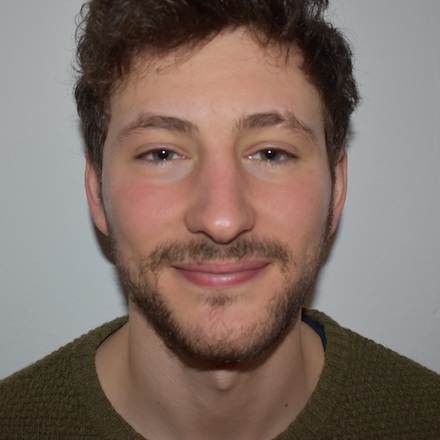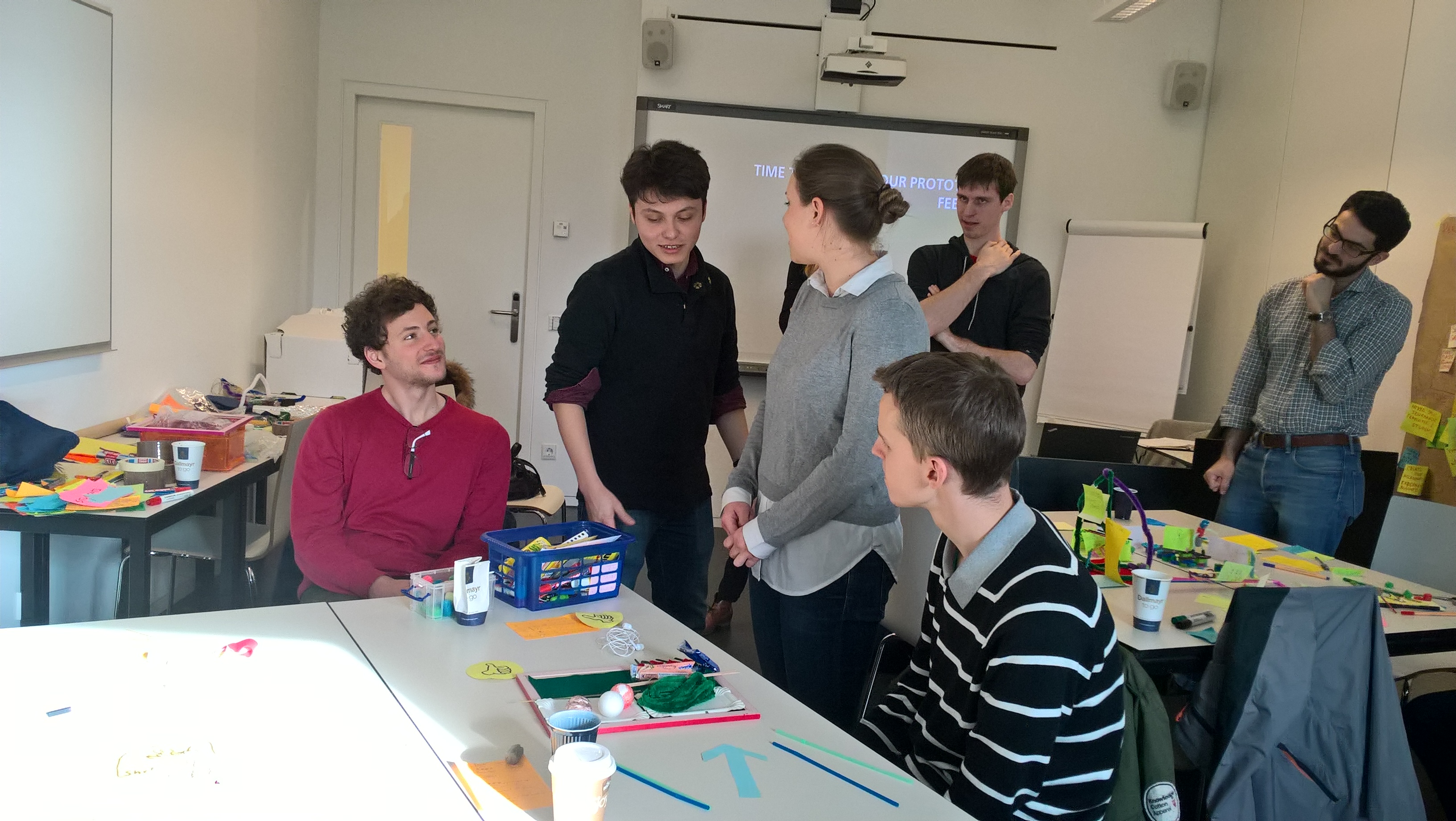
- Particle and device physics, microscopy/optics
- Signal processing, image analysis, maths
- Electronic mixed signal design
- Management and business

I hold a BSc in Aerospace Engineering from La Sapienza University (Rome, Italy) and a MSc in Electronics awarded at Politecnico di Torino (Italy). I had the chance to visit KTH institute in Stockholm and collaborate with SSC (Swedish Space Center) to develop my thesis. I later worked for a year at Xilinx in Dublin and believe that such an international educational path has been very effective for my personal growth.
Having to describe myself with a couple of words I would use curious and passionate. Those two features of my being have never changed throughout my life, since my exploring steps as a child in an unknown world. My passion and curiosity for the unknown and for science have been driving me in my educational career and have led me now to the present research endeavour within STREAM.
I feel comfortable to have responsibilities and I enjoy being challenged - such as changing study field during my educational career. I believe this makes me a good profile for being a future manager and it is where I will aim to be after spending some years in technical research. The major way in which I spend my free time is sport, which I am very passionate about and I couldn't live without!
I contribute to the STREAM Work Package 5 Technology Integration.
The aim of the project is to provide guidance and specifications towards an improved design for the next sensor technology generation. I will thoroughly test the sensor in different conditions and configurations as front/back illumination, back thinning, different depletion widths.
I am in charge of planning the integration of the HV-CMOS in the transmission electron microscope. I am also running bibliographic research and in-company projects to develop an expertise on the particle detectors and image sensor, electron microscopy, FPGA signal processing design, image processing algorithms and particle physics fields. Such expertise enables me to carry out the physical characterization of the sensor performance in an accurate way so that I will map the sensor performance with respect to the different acquisition modes offered by the TEM and benchmark it against the current state-of-art detectors on the market.
Secondments
|
Host Institution and Secondment Topic |
Expected secondment period |
|
KIT (DE), HPIXEL HV-CMOS sensor: operation |
2 weeks in October 2017 |
|
CERN (Geneva, CH), Radiation hardness test procedures |
2 weeks in July 2018 |
The research I am carrying over is prospectively important for the high-end industrial field, specifically electron microscopy. A high quality new sensor technology suited for TEM application could potentially lead to the development of new TEM detectors and open the way for exciting high-impact research in materials and life science. Hence, the need of a severe and critical benchmarking of the sensor behavior arises together with the development of expertise in the detector design field. The latter will be needed in case of delivering design indications to improve the TEM application suitability of the new technology.
At Thermo Fisher Scientific I have an opportunity to work on this project quite independently, with the support of my supervisor. Besides growing as a researcher I have a great chance to develop excellent project management skills through coordination with external partners and definition of requirements.
I believe STREAM and my host organization will provide me with excellent training opportunities in order to shape my career and understand what field I like the most.
